Sustainability achievements and initiatives
AASHE STARS Gold Rating
In November 2024, VCU received its second Gold Rating from the Association for the Advancement of Sustainability in Higher Education Sustainability Tracking Assessment and Rating System (STARS). STARS measures sustainability achievements in academics, engagement, operations, planning and administration, and innovation and leadership.
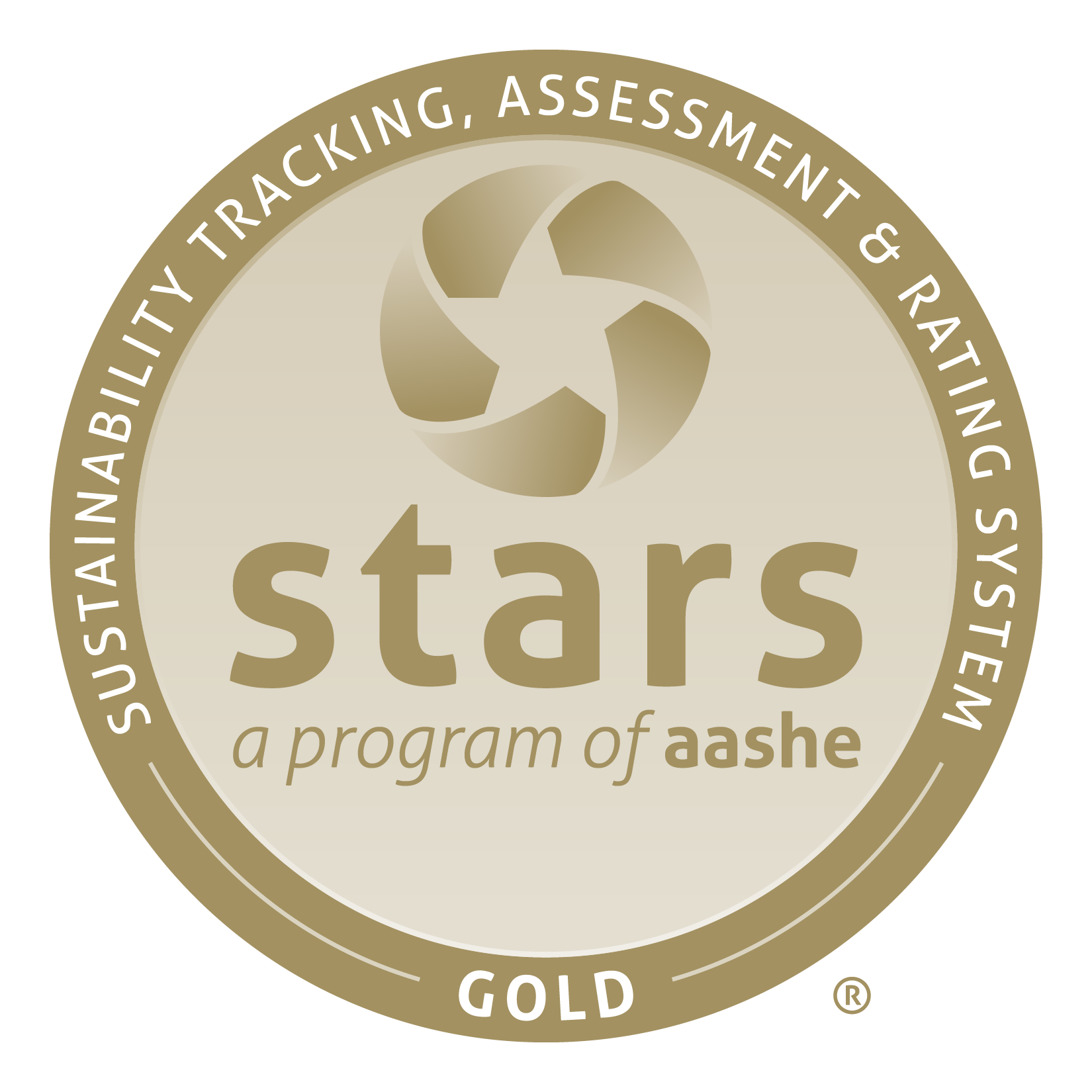

Institute for Sustainability, Energy and Environment (ISEE)
Established in 2022, the ISEE provides a forum for VCU students and faculty to address the climate and energy crisis by pursuing innovative scientific, technological, policy and social justice solutions.
Addressing sustainable clean energy and the environment is a complex issue. The ISEE was established to coordinate and facilitate collaboration across the varied disciplines of study and support multidisciplinary collaborations across departments, schools and colleges at VCU, as well as national and international collaborations. At VCU, the ISEE provides educational opportunities that supplement and build upon the current sustainable energy and environment curriculum at VCU, such as courses, guest lectures, workshops, research projects and mentorship. At the community and societal level, the ISEE is building partnerships with government agencies, policymakers and nonprofit organizations that work to address the climate crisis.
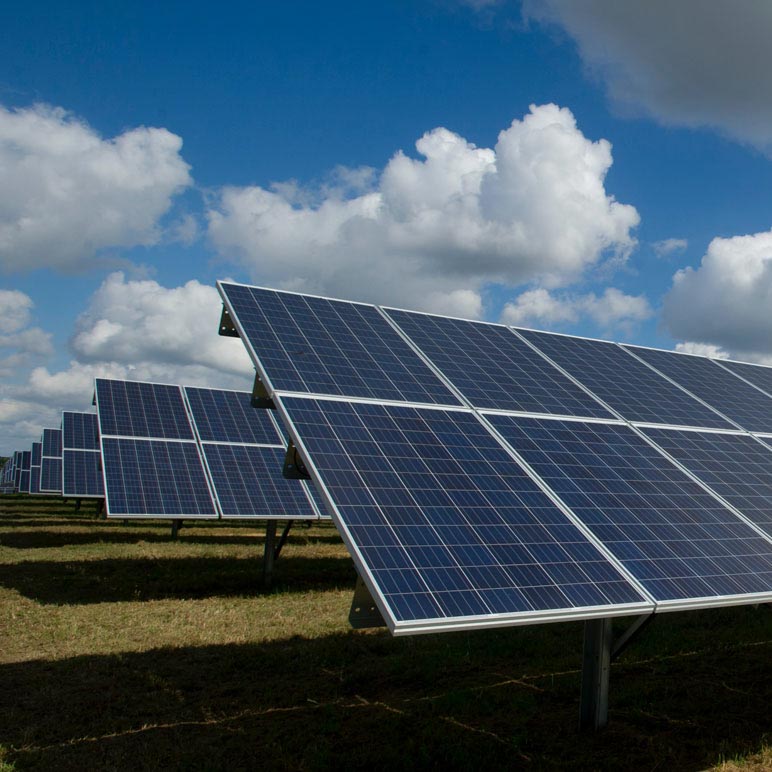

VCU School of Life Sciences and Sustainability
Effective July 1, 2025, the new School of Life Sciences and Sustainability, which will bring together VCU Life Sciences and the Department of Biology in the College of Humanities and Sciences, will administer and oversee biological, environmental, life and sustainability sciences academic programming, research and other relevant initiatives at VCU.
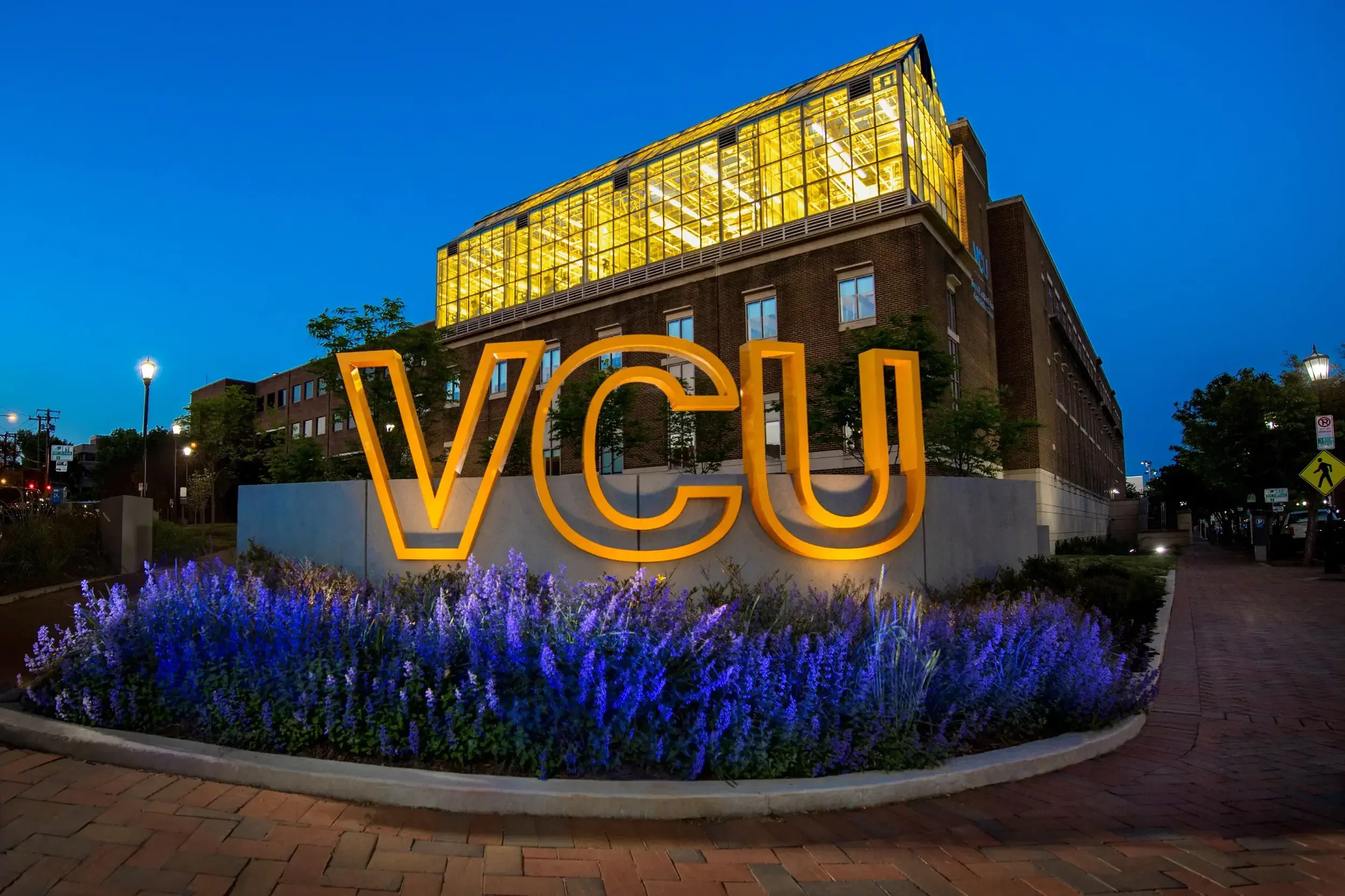

Alternative transportation
RamsXpress
RamsXpress will enhance transportation between VCU’s two downtown campuses with stops at central locations. The new shuttle service will help provide efficient transportation for the VCU community. This implemented service supports the growing academic demand for students needing to take classes on both campuses as well as furthers the One VCU mission, enabling students, faculty, and staff to connect more easily and encourage interdisciplinary efforts. Learn more.
RamBikes
VCU Rambikes is a campus resource for biking safely and enjoyably around VCU’s campuses. RamBikes offers free bike rentals and repairs, do-it-yourself bike repair classes, and other bike-friendly events. Through the work of RamBikes, VCU was recognized in 2020 by the League of American Bicyclists as the most bike-friendly university in Virginia.
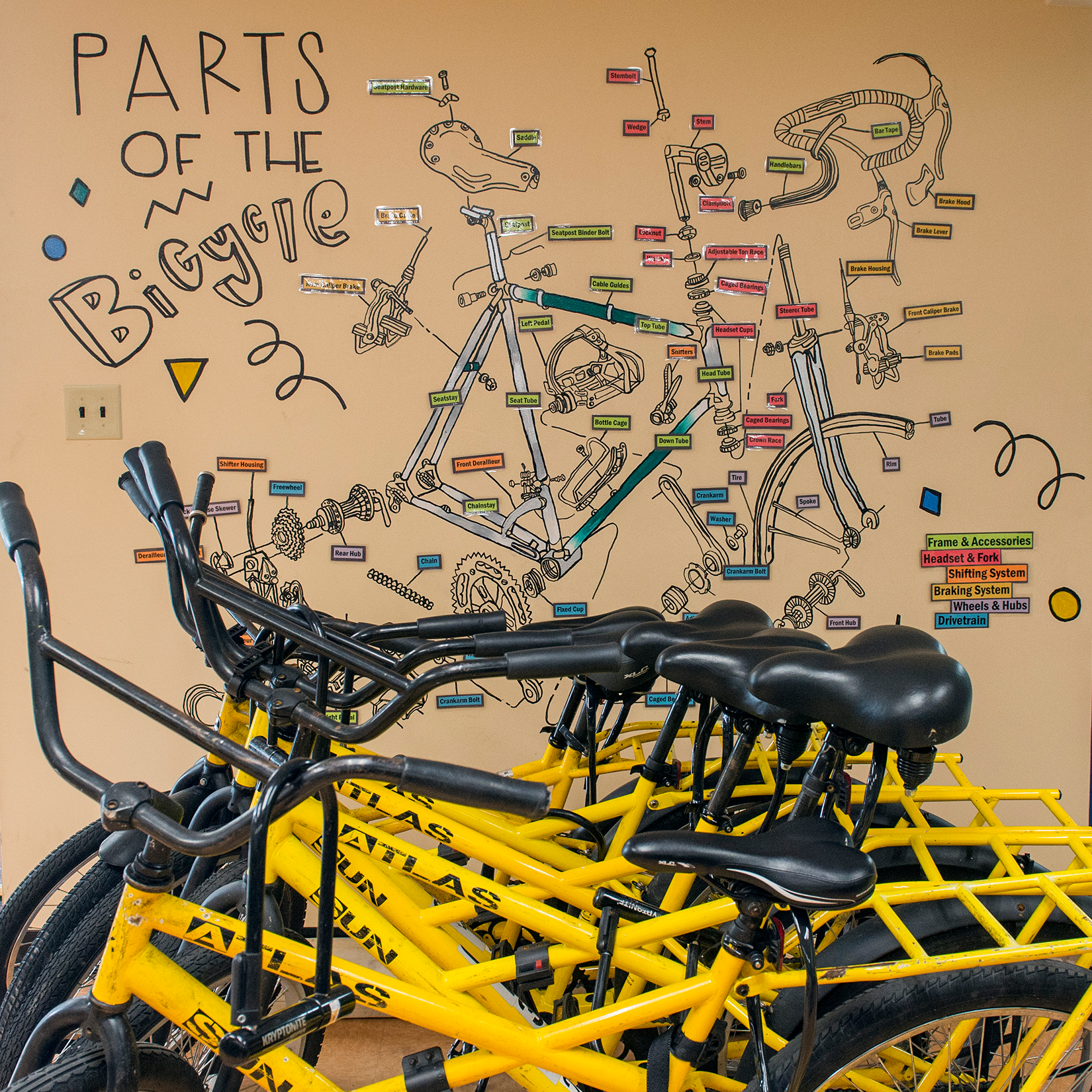

Composting program
Reducing waste by employing a composting pilot program in five dining facilities on the Monroe Park and MCV campuses, including Shafer Court Dining Center, Laurel & Grace Place, University Student Commons, the Children's Hospital of Richmond and the Adult Outpatient Pavilion. As of August 2025, more than 51,000 pounds have been composted across four locations.
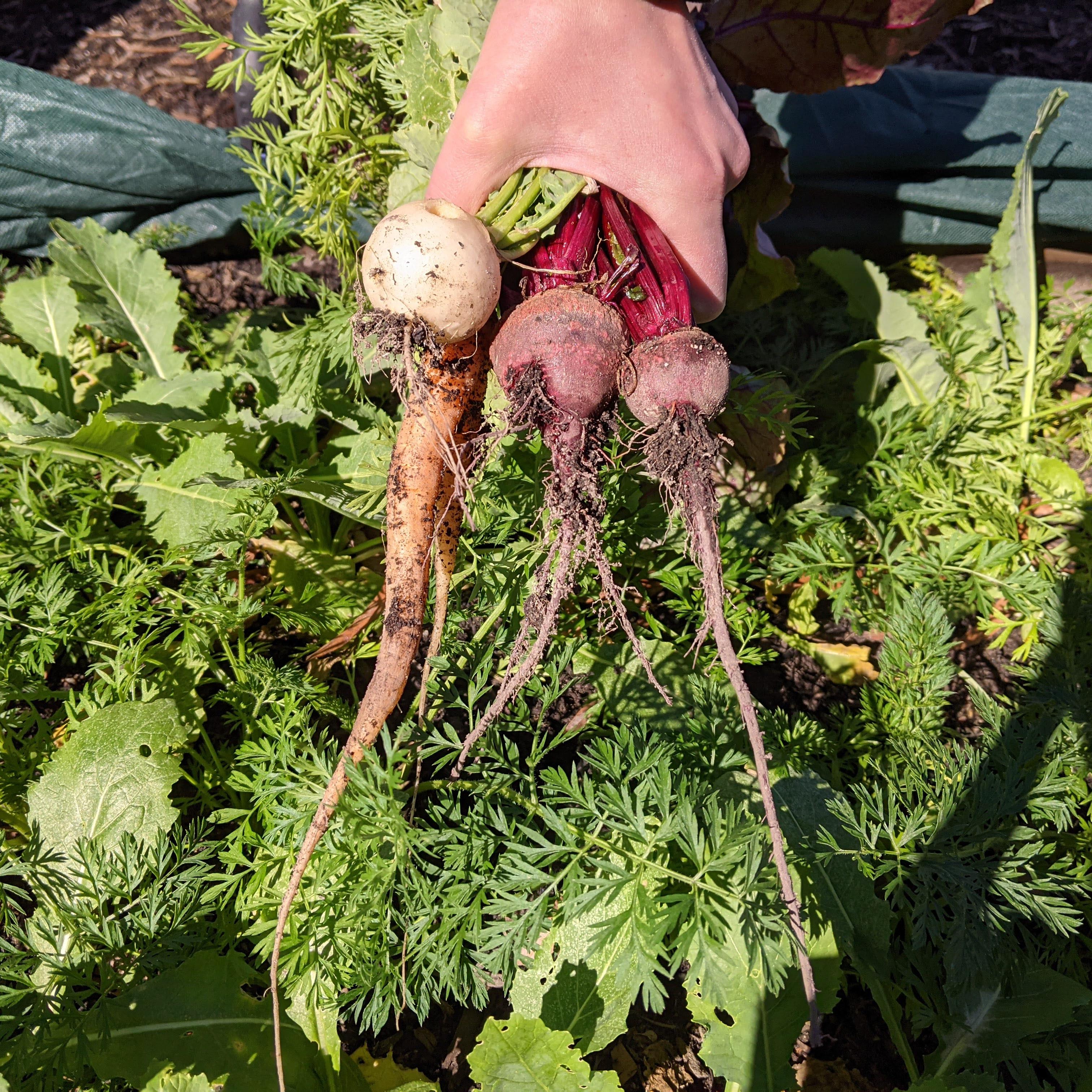

Electric vehicle charging stations
VCU offers a number of ChargePoint charging stations for electric vehicles on the Monroe Park and University Medical Center Campus. For a list of locations and more information, visit the VCU Parking and Transportation website.
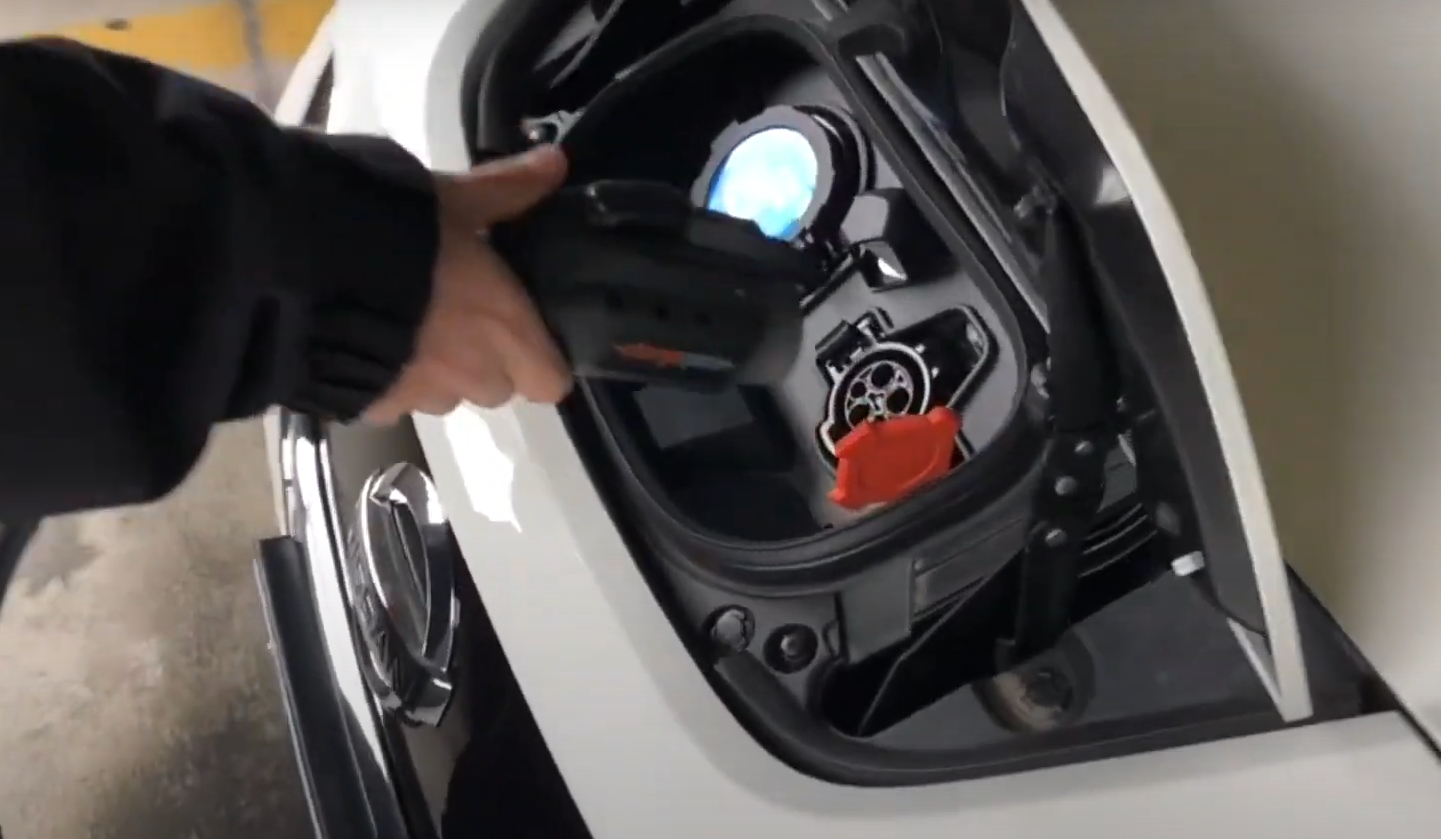

GovDeals
GovDeals is a program, managed by Commonwealth of Virginia Department of General Services but overseen at VCU by VCU Facilities Management, that helps government agencies manage the sale of their surplus inventory (technology, laboratory equipment, furniture and more) and helps keep usable items out of landfills.


Green Labs Program
The Green Labs pilot program at VCU is designed to support and guide lab personnel in integrating sustainability into their daily operations. Our goal is to reduce the environmental impact of our labs while maintaining the highest standards of research excellence and safety.
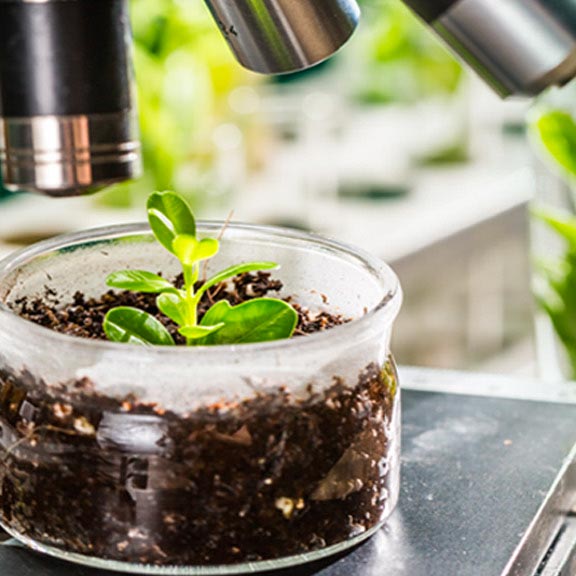

LEED building certification
As of spring 2025 VCU and VCU Health have 24 LEED certified buildings. Developed and administered by the U.S. Green Building Council, LEED is the world’s most widely used green building program, encompassing design, construction, operations and maintenance of resource-efficient, high-performing, healthy and cost-effective buildings.
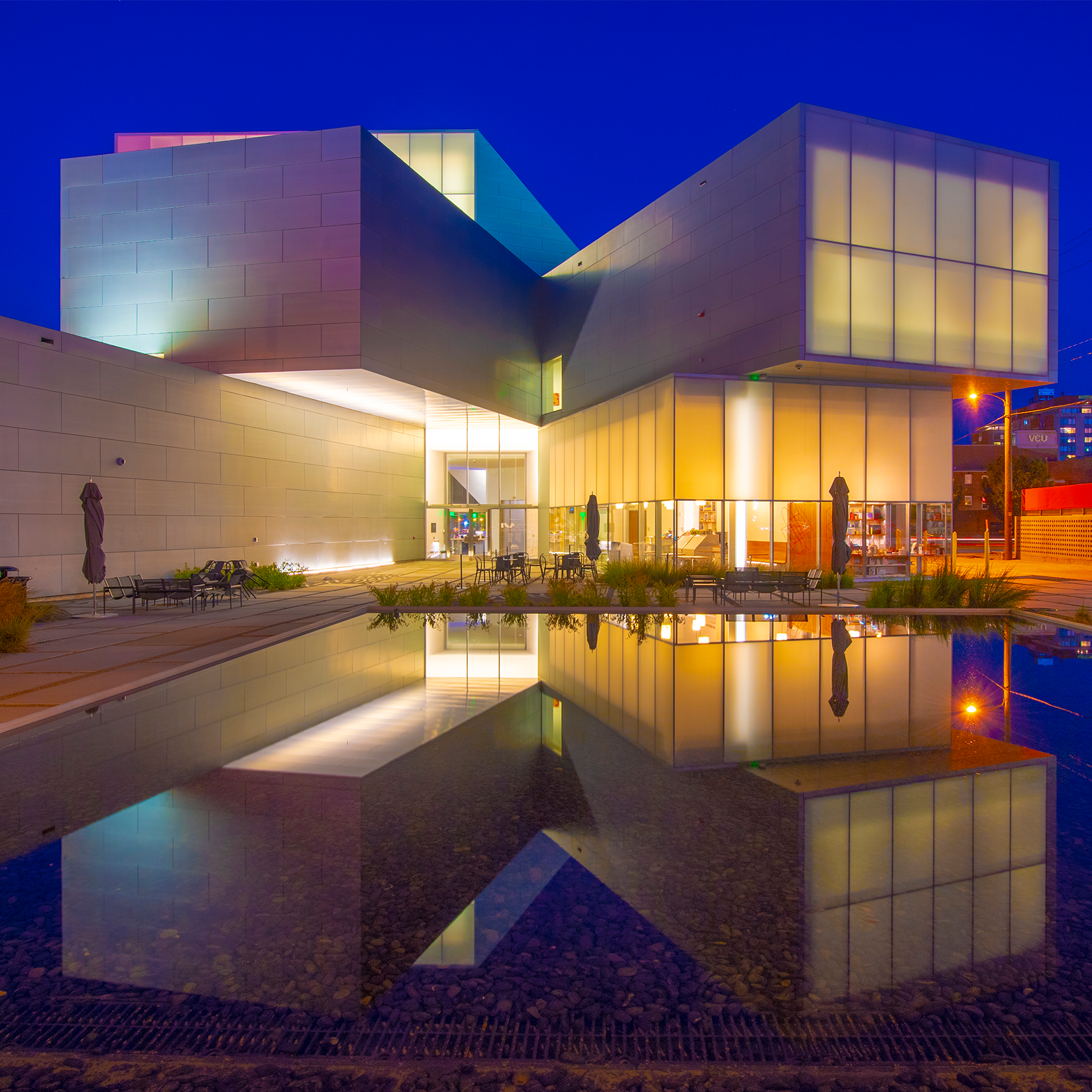

Microgreens lab
In 2020, VCU Sustainability partnered with VCU Environmental Studies faculty to establish a microgreens lab course that focuses on sustainable indoor food production. Students learn about soil science, food safety and more, while also gaining hands-on experience growing microgreens and hydroponic vegetable crops in the campus greenhouse.
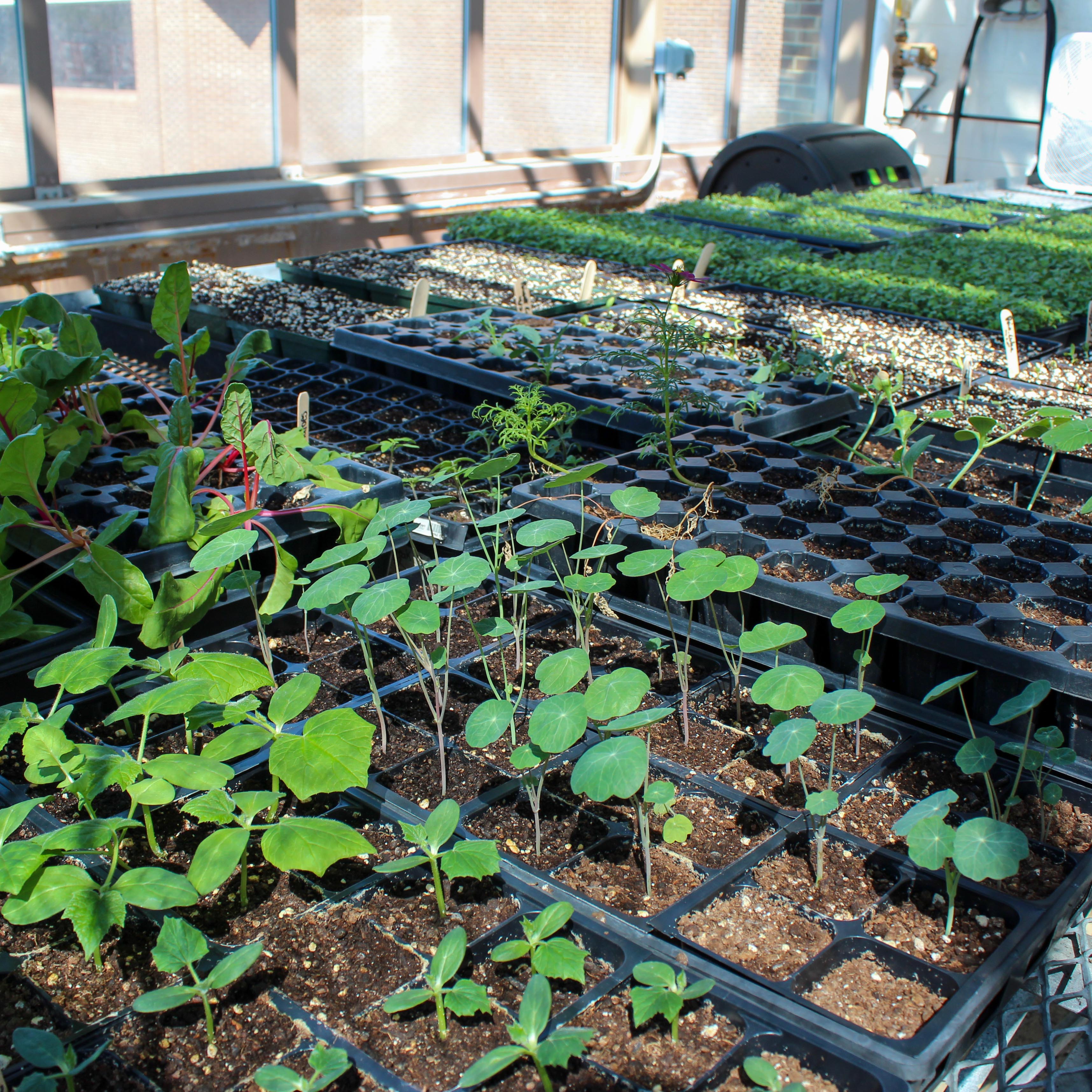

Recycling
VCU is working with a vendor to replace outdoor landfill-only trash bins with combination trash/recycling bins. This initiative is part of a zero-waste educational campaign to encourage behaviors that reduce waste and increase recycling.
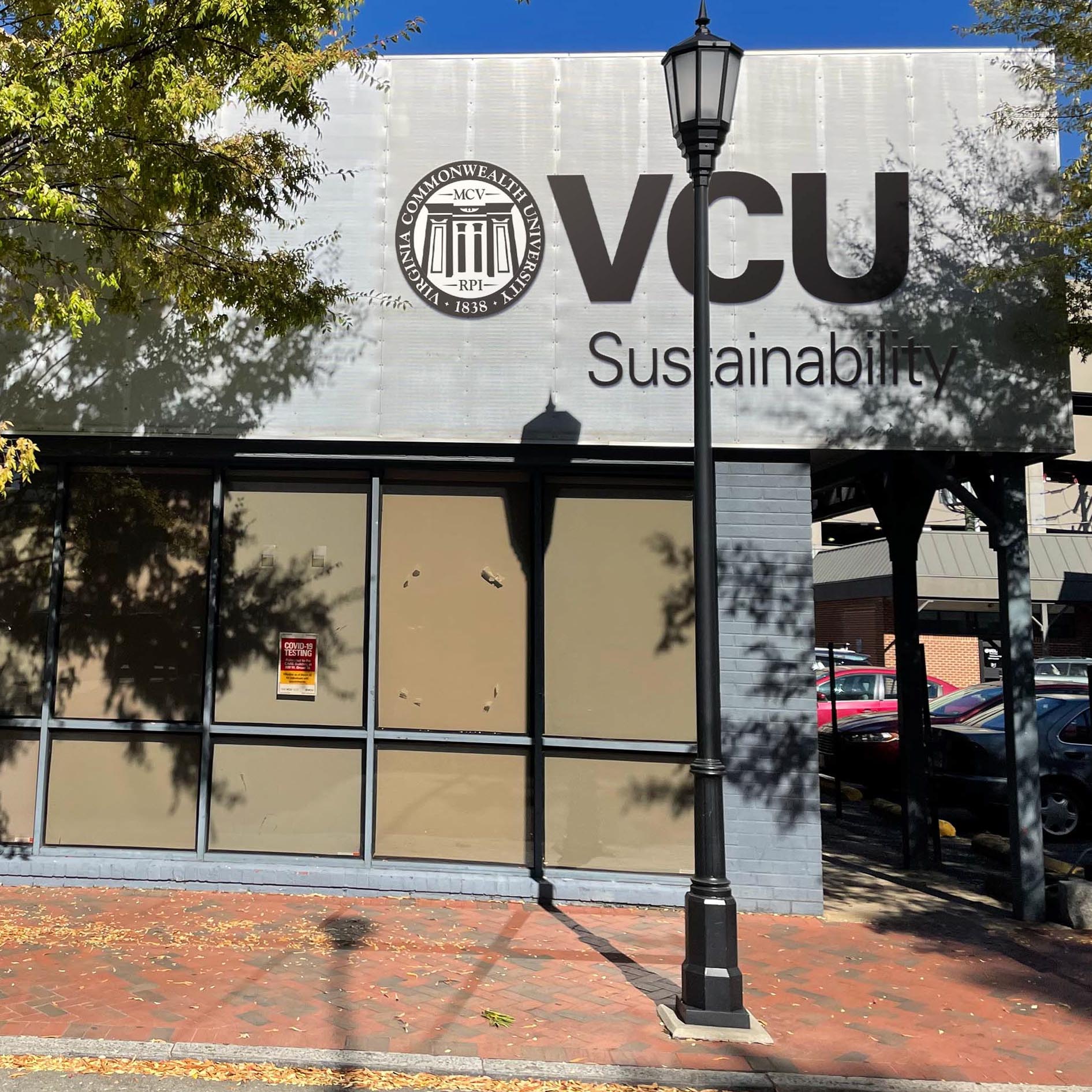

Reducing energy consumption
VCU's building energy consumption accounts for nearly two-thirds of VCU's greenhouse gas emissions. To tackle this challenge, VCU plans to engage with outside experts to introduce a three-pronged strategy focusing on large, medium and small, historic buildings to reduce energy consumption. Beginning with a set of pilot projects in each building type, this approach will drive a wide range of benefits, including energy efficiency improvements, teaching and experiential learning opportunities for students, and the development of templates to facilitate acceleration of the work over time.
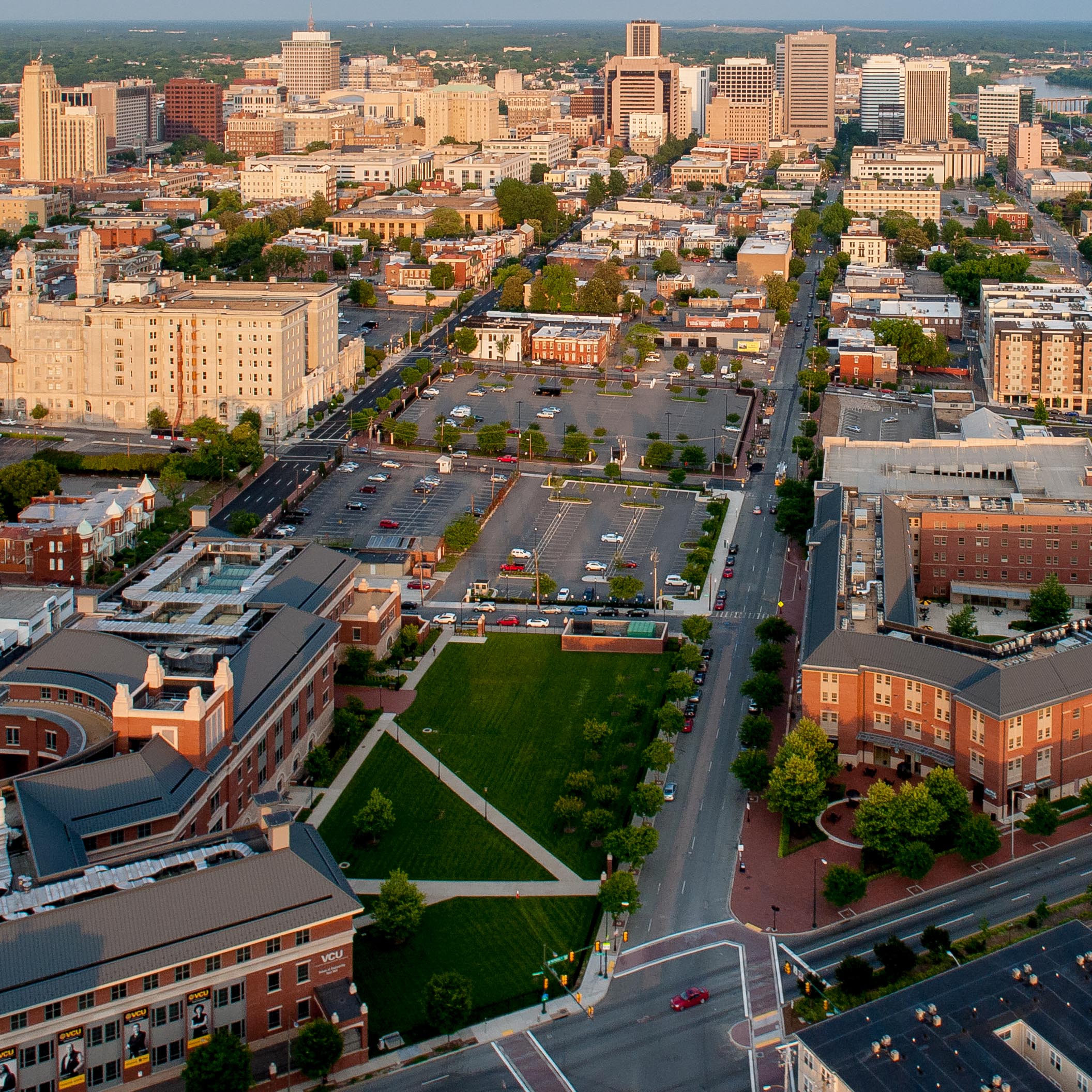

Reducing stormwater runoff
VCU is beginning to employ strategies to reduce stormwater runoff buildings and grounds and protect the James River. This includes converting an approximately 4,000 square foot hillside south of Cary St. field into an urban meadow with native plantings that will provide habitat for insects and birds, a collaboration between VCU Sustainability and VCU Grounds.
.jpg)
.jpg)
Reuse Pass
In April 2025, VCU Dining Services kicked off the Reuse Pass program at Shafer which offers reusable plastic clamshell to-go containers with an RFID tag to help track its lifespan. After nearly a month, 245 students have signed up to participate with an 87% return rate.
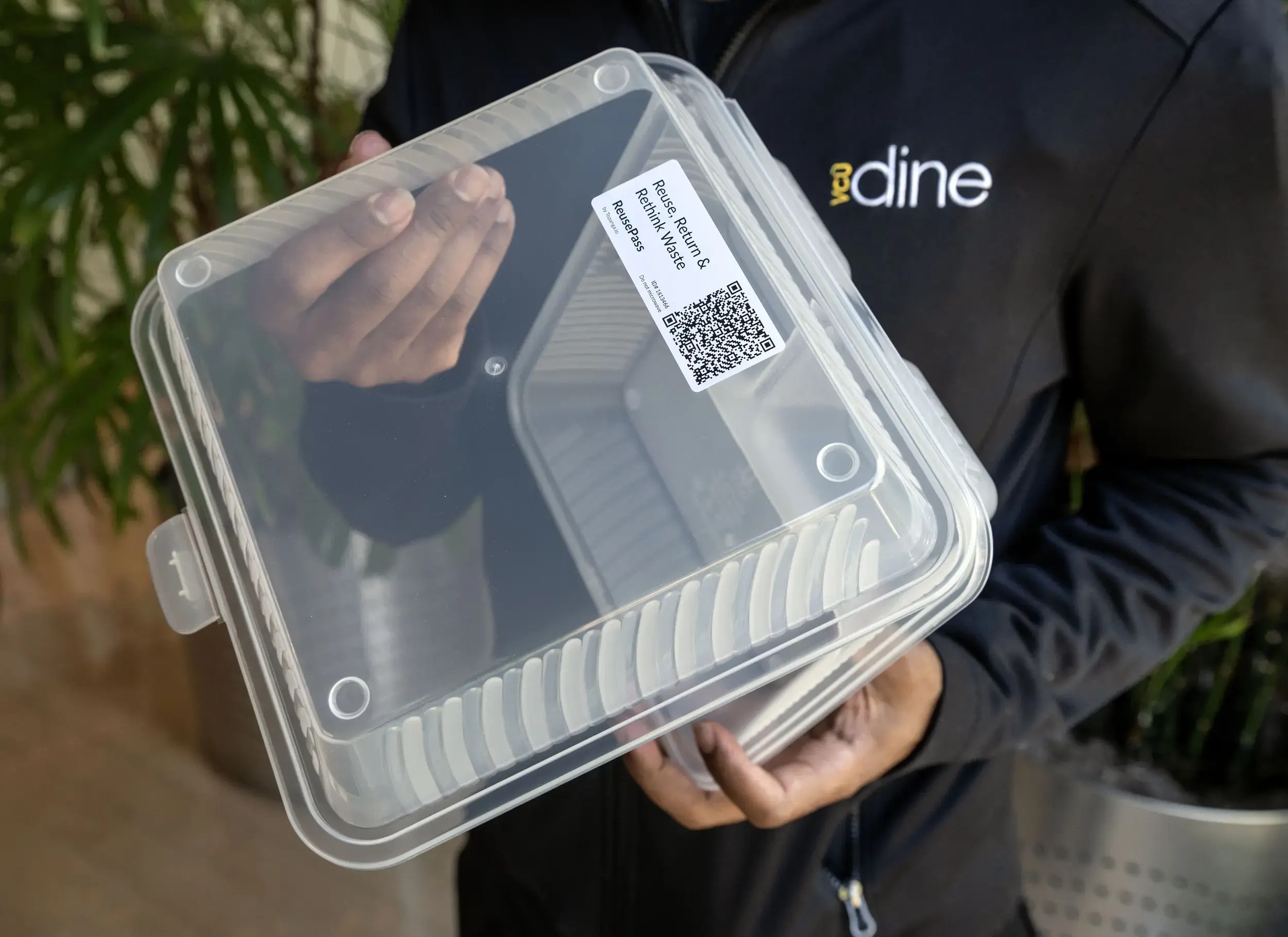

Sustainability education
VCU offers students a number of opportunities to pursue sustainability-related certificates, programs and degrees and prepare our next generation of sustainability leaders. For a full list, visit the VCU Bulletin website and type "sustainability" in the search bar.
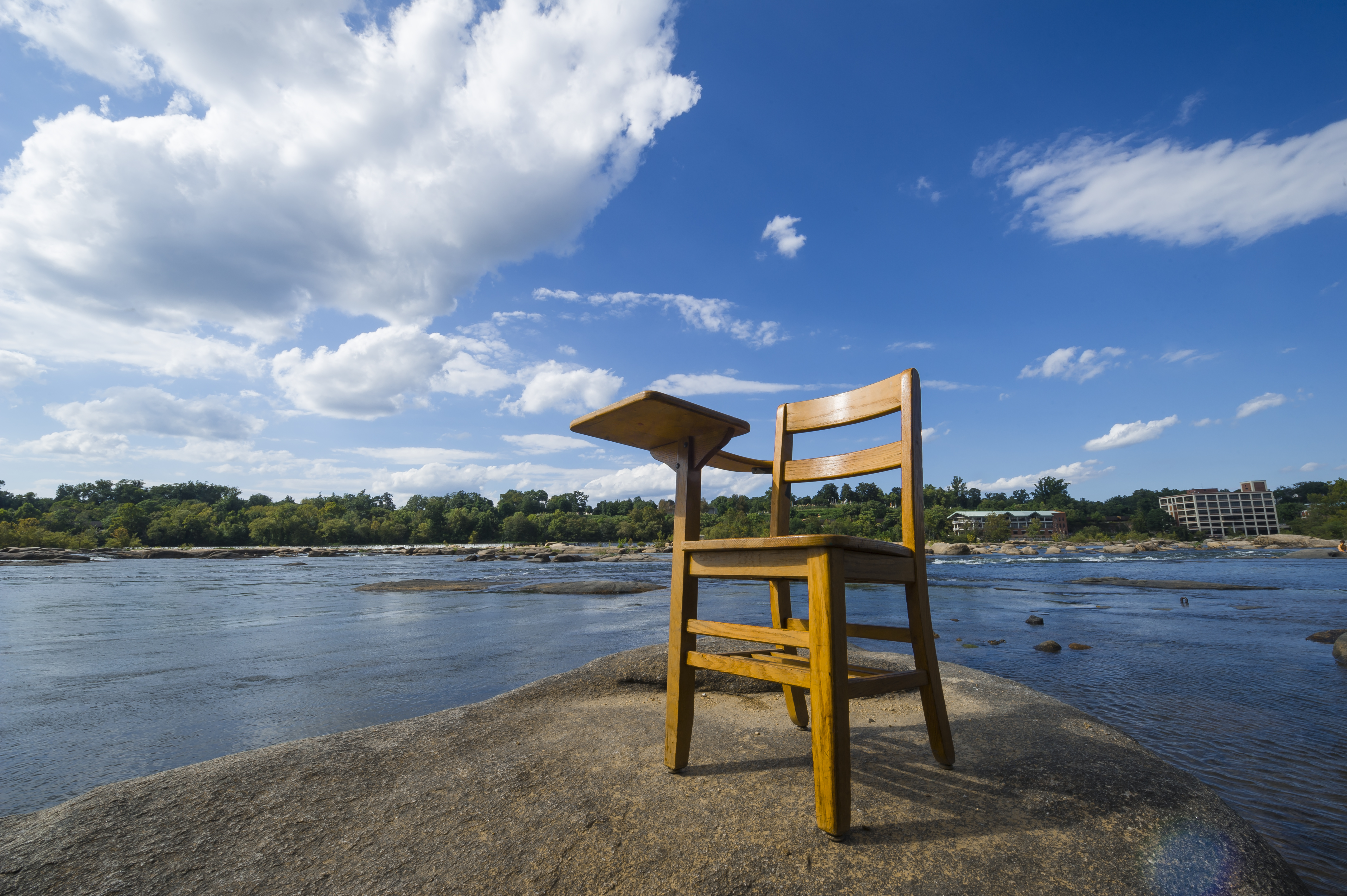

Urban gardens
The VCU Sustainability Urban Gardens Program provides community members with opportunities to learn about and participate in seasonal growing and organic gardening practices. Additionally, the program helps alleviate food insecurity at VCU, as all produce grown is donated to the VCU Ram Pantry, an on-campus food pantry supporting VCU students in-need.
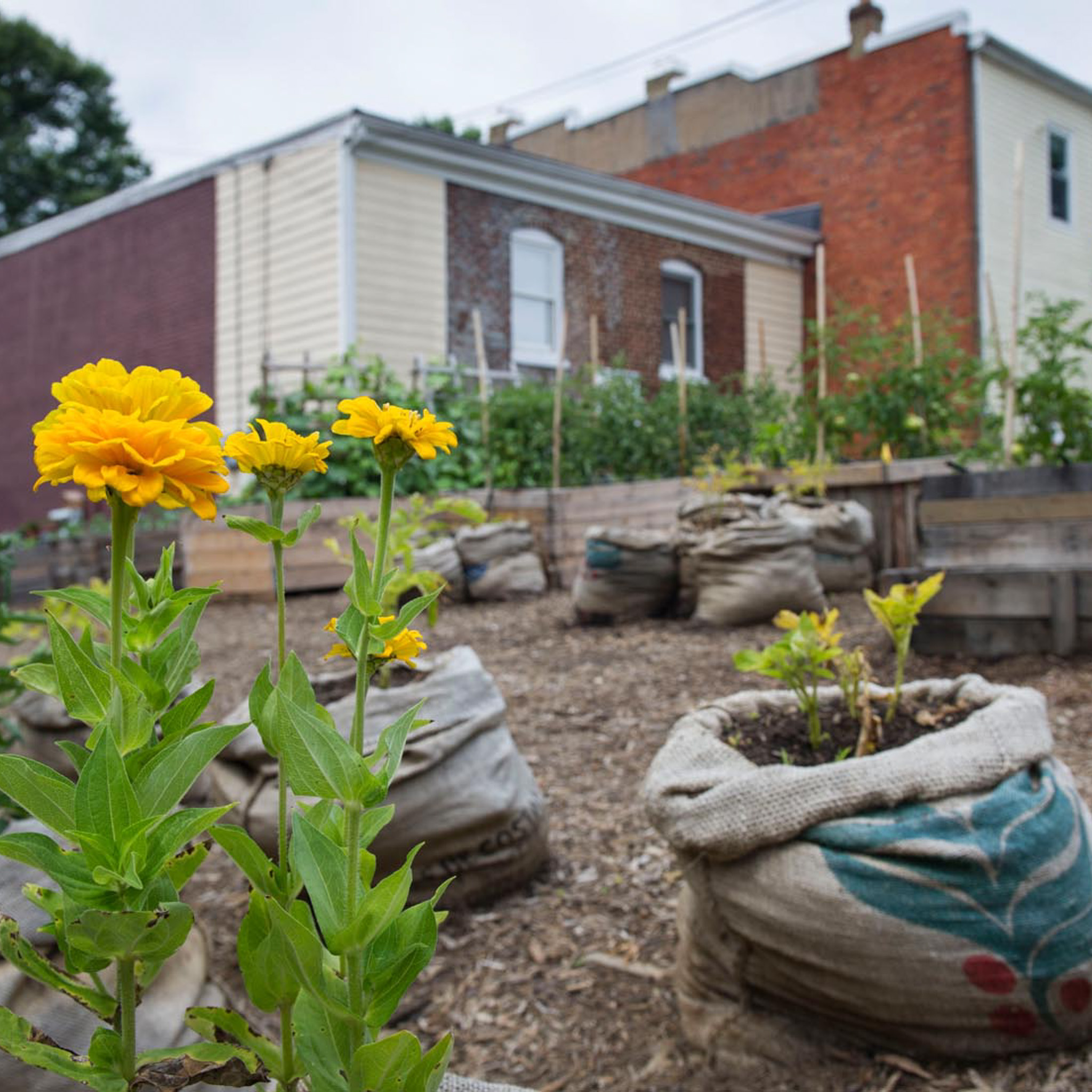

VCU Free Store
The VCU Free Store provides an opportunity for students and employees at VCU and VCU Health, to donate and acquire books, art supplies and household items while keeping usable goods out of landfills.
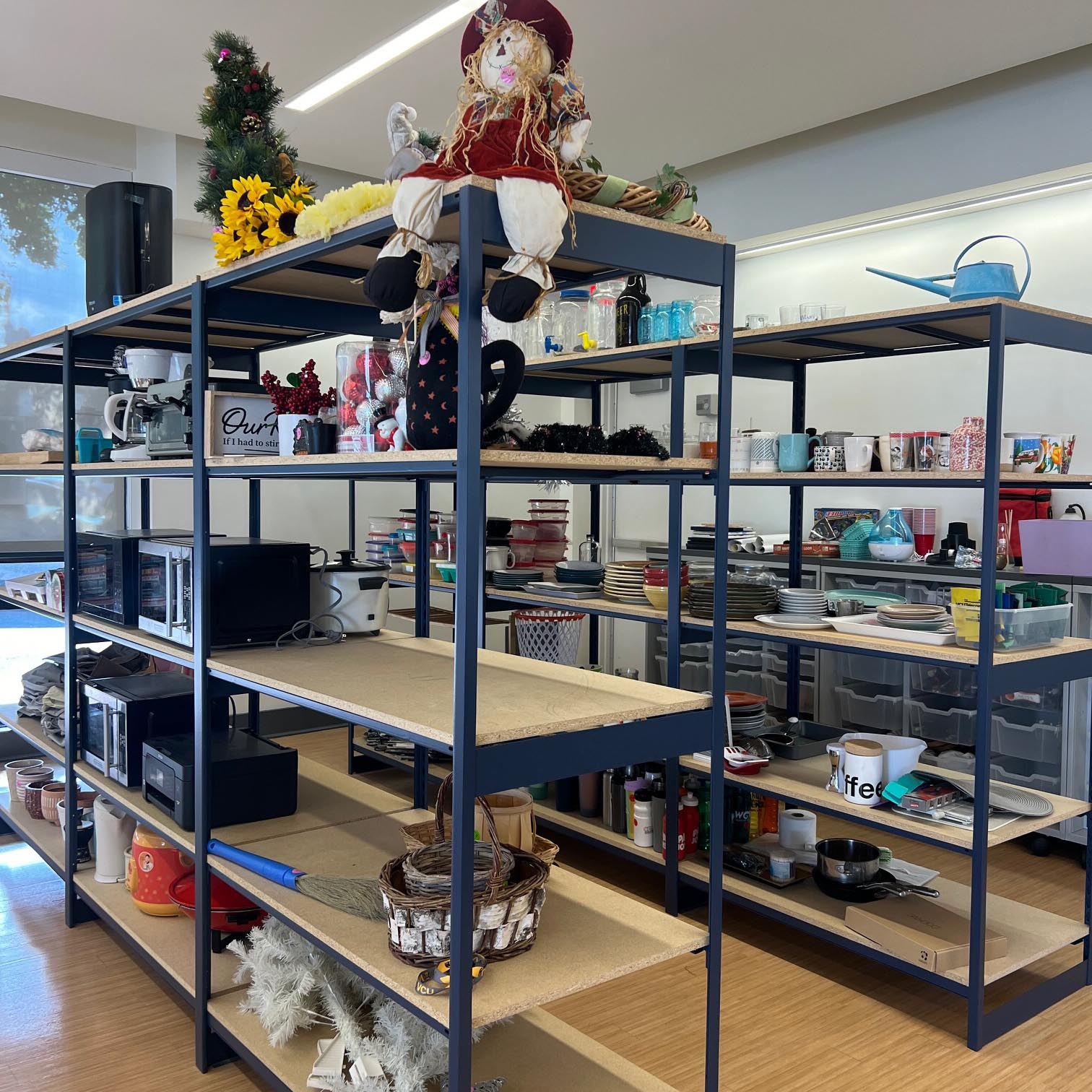

VCU Community Forestry Program
The Community Forestry Program partners with local community organizations in and around Richmond to plan and implement tree planting projects, provide tree maintenance, and estimate tree benefits. Through this program, VCU engages with local communities to support and elevate urban forestry practices that provide a variety of benefits, including mitigating urban heat islands, providing habitat for urban wildlife and reducing stormwater runoff.
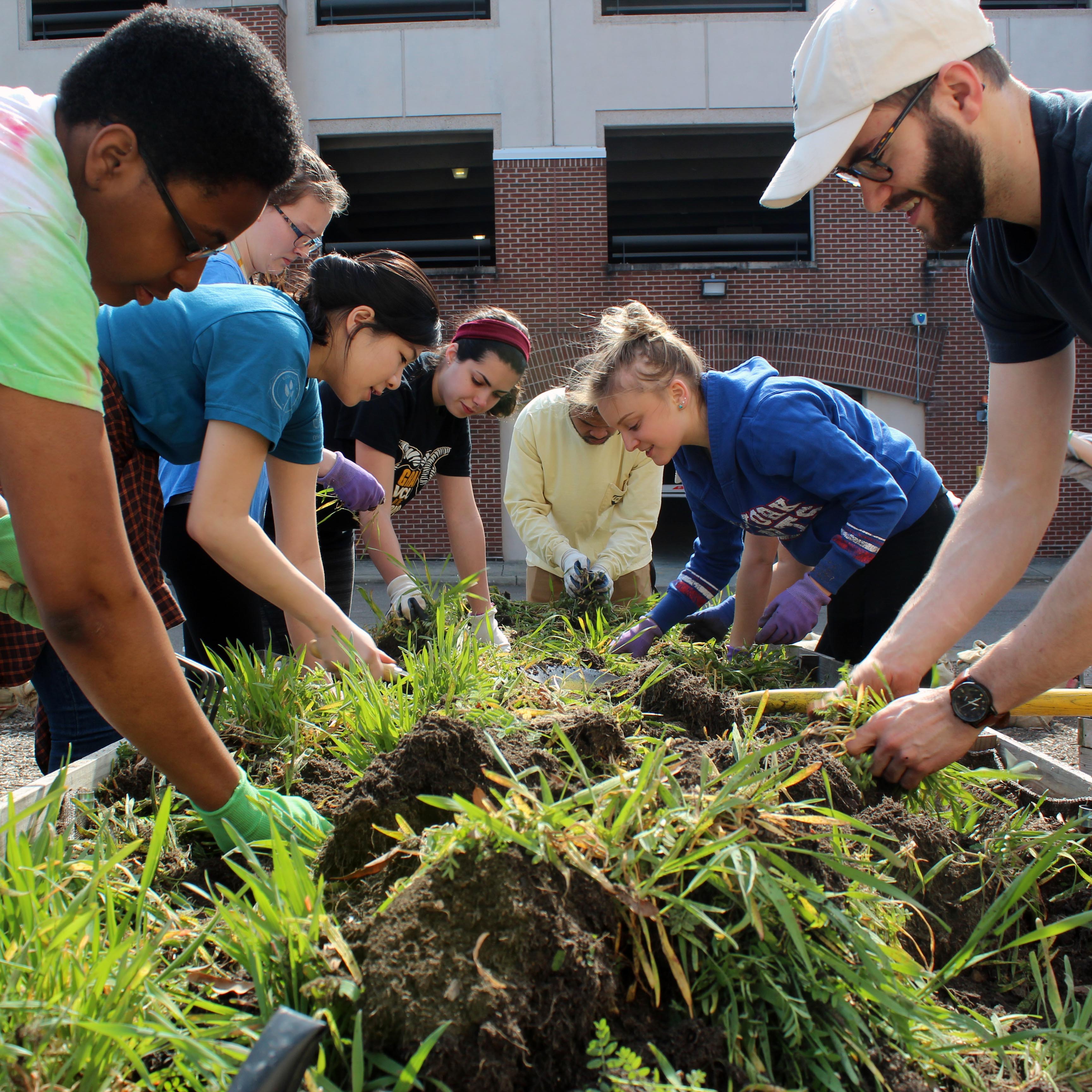

VCU green game
In February 2025, VCU Sustainability and VCU Athletics teamed up to host the first-ever green game at the Siegel Center. VCU staff, faculty and students guided fans to dispose of recyclable and compostable materials in labeled bins throughout the Siegel Center. At the end of the night, the waste was weighed and resulted in a diversion rate of 76.6% compared to the average diversion rate of 8.1% at the Siegel Center in 2024.
.png)
.png)
Ram Pantry
An initiative of VCU Student Affairs that is co-located with the VCU Free Store, the mission of Ram Pantry is to support food security, human dignity and well-being on campus by providing in-need VCU students with food. Ram Pantry collaborates with community partners to research and implement innovative approaches to food security and community health.


Reducing medical waste
The health system has reduced its medical waste volume and hazardous medication waste volumes, the latter of which earned VCU and the VCU Health the Campus Safety Health and Environmental Management Association’s Innovation Award for Research Enhancement for a Large School.
Additionally, the health system reprocesses more than 10,000 medical devices, such as pulse oximeters and ECG leads and cables, each month and recycles more than one million pounds of cardboard and paper annually.

